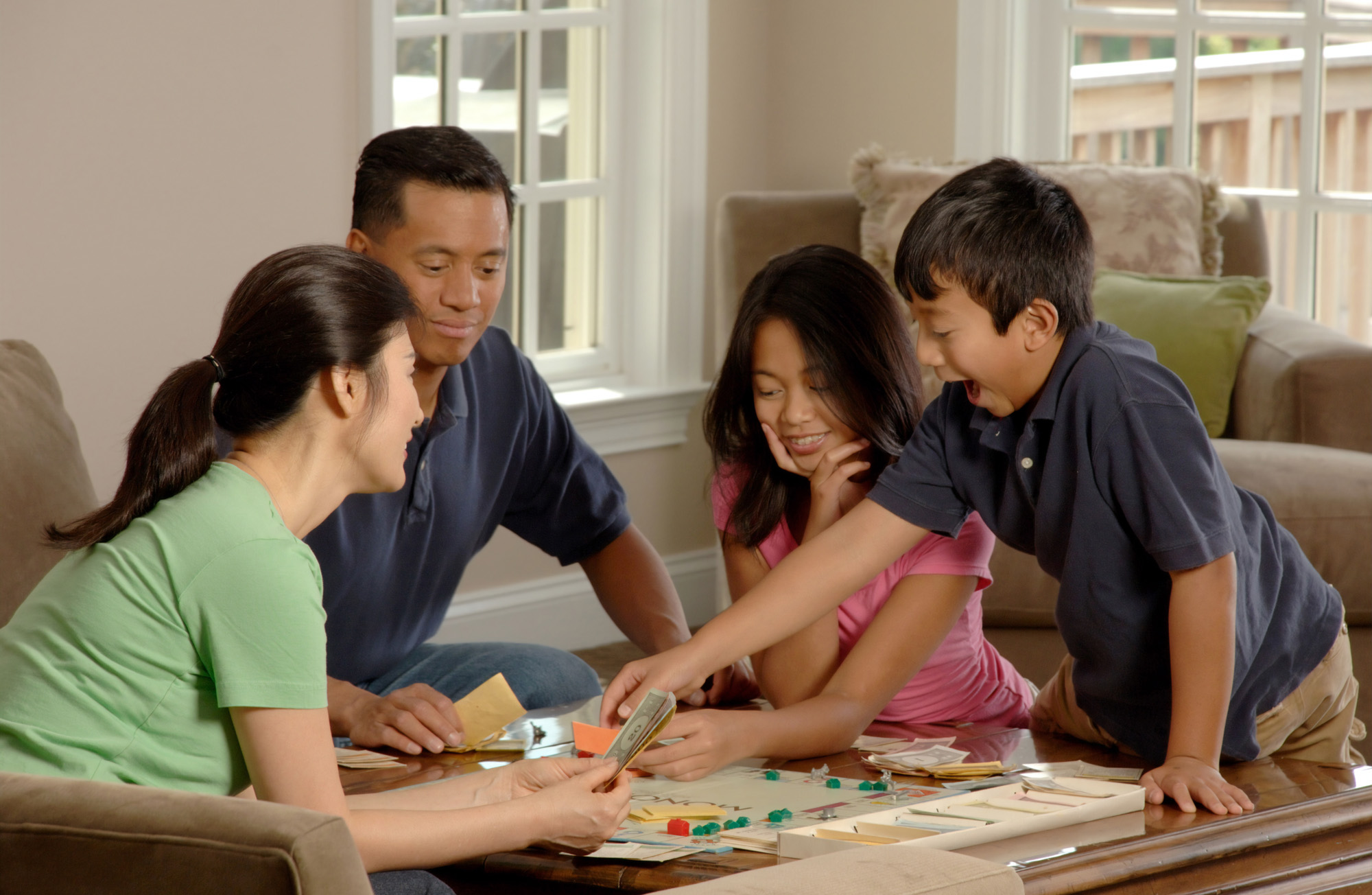COVID-19: Getting the BEST out of staying home during Covid-19

For a nation who lives by acronyms, the first quarter of 2020 has brought us new terms that are now part of everyone’s daily vocabulary; COVID-19 (Coronavirus Disease 2019), LOA (Leave of Absence), SHN (Stay-Home Notice), QO (Quarantine Order) and BCP (Business Continuity Plan). Owing to COVID-19, the latter four acronyms mean that someone is staying home way more than his or her usual routine and probably not by choice. This experience can vary between individuals. Some might be excited over not having to be at school or work, for others, it could be a period of unsettled emotions and possibly increased difficulties on various fronts. How can we make the BEST of this period so that the experience can be less challenging and even positive?
Blame-free
It is human nature to find explanations for circumstances that are out of our control, especially those that are unpleasant. It is tempting to understand the reasons that we are staying at home as someone else’s wrongdoing. This can bring up negative emotions (e.g. fear, anxiety, hatred), unpleasant physiological reactions (e.g. tensed muscles, somatic symptoms) and unhelpful behaviours (e.g. doxxing, lashing out at discriminated individuals or groups).
Let us take an approach that differentiates:
- Behaviours from Person – Examine how a person acted versus who they are as a person because of what they did.
- Disagreement from Discrimination – It is normal to disagree though it is not okay to treat a person or group of people poorly because you disagree with them.
- Blaming from Learning from Lessons – Instead of focusing on blaming people for perceived wrongdoings, it will be more helpful to look at what can be learnt because of an incident.
This will allow us to not only be more settled but also pave the way to a more gracious and progressive society.
Expectations
The abruptness of the situation had disrupted people’s routines overnight. Many of us are expected to adjust to the changes immediately when we are generally creatures of habit. We expect things to go on as usual despite the changes in contexts. When these expectations are unmet, boredom, frustrations, and disappointments can arise, which can lead to conflicts among family members.
With each new context, adjustments need to be made. When family members who are usually out of the house most part of the day end up spending 24/7 together, there needs to have some level of accommodation and appreciation of one another’s needs. Children might not understand why they can no longer be having their afternoon playtime while parents are working from home at the dining table. Staying home isolated from your friends and social network might trigger negative and unwanted thoughts. Be ready that things will not be quite the same.
Communicate with your family to see how you can support one another during this period.
Special Moments
With the increased time available at home, take some time to engage in activities by yourself or with your family members.
Have you always wanted to try out that recipe that you saw on facebook but often find it too tiring to do so after a long workday? When was the last time you pick your child up from school mid-day and had lunch together? What about watching the latest drama on the television with your mum?
While you might not be able to resume your usual routine, why not try to make use of these time to create special moments for yourself or with your loved ones? While we might not have much control over the need to stay in, we can find the time and space to create positive experiences out of the situation.
Take Care of Yourself
This is a period of many uncertainties. While it is normal to experience anxieties, fear, and/or anger, they do not have to affect our daily lives. To come out of this crisis stronger, we will need to be able to take care of our physical, psychological and emotional health.
Physical Health – Practice good personal hygiene, maintain a healthy lifestyle and see a doctor if unwell. To overcome this crisis, we can all play a part by taking on individual and social responsibilities.
Psychological and Emotional Health – A healthy and positive mind goes a long way. Be aware of the thoughts and emotions that have surfaced in you and know how to attend to them to keep calm and carry on.
If you are wondering how you can also explain the current situation to your children and help them cope better, you can check out this informative and child-friendly video!
Should you find it hard to manage the situation on your own, do consider speaking to a professional who can support you in coping with the challenges that have come up during this period of time.
Wishing you all the best!
About the author

Ms Goh Yan Ling has been a practicing social worker, counsellor and therapist for the past 15 years. Yan Ling practiced a large part of her work in a family service centre setting where she had supported families who were experiencing financial issues, parenting and marital difficulties, mental health problems, family violence etc. She has been providing in-house training and supervision and external workshops over the years on a wide range of family related topics including being a guest speaker on a parenting segment on FM97.2 for 2 years from 2013 to 2014. She has also participated in several work-groups over the years to bring about practice and policies changes to enhance the social work practice in Singapore. She has been passionate about enhancing individuals and families’ well-being as well as supporting professionals through quality supervision and evidence-based practices.
Yan Ling is currently a practitioner and supervisor with Viriya Community Services, providing clinical services, skills training and support to clients and professionals. She specialises in youth issues, family and relationship issues and intrapersonal difficulties using systemic and family therapy approaches and has interests in developing trans-disciplinary clinical supervision.

